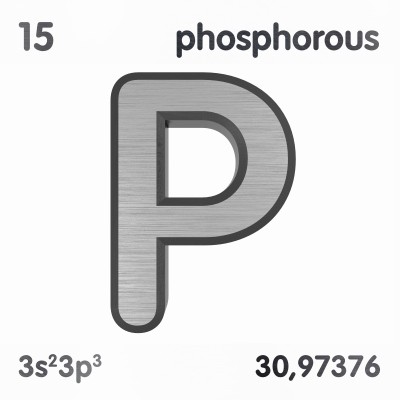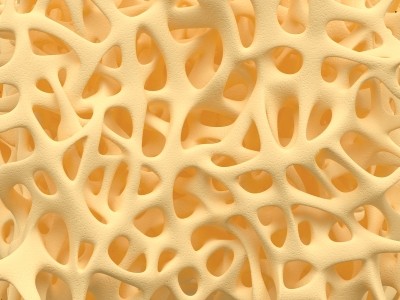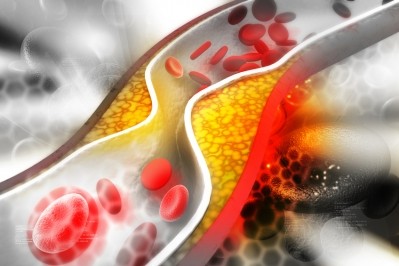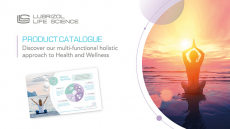Low blood calcium may be linked to sudden cardiac arrest: Study
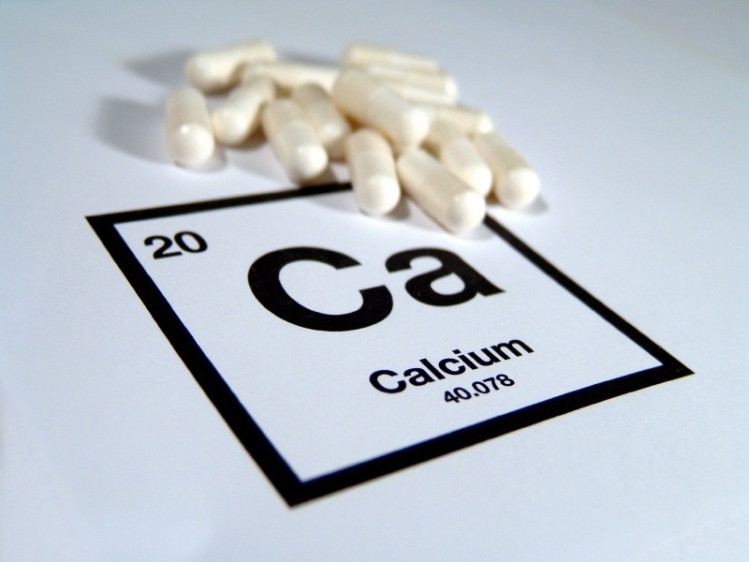
The risk of SCA was shown to be 2.3 times higher in subjects in the lowest quartile serum calcium levels (compared with the highest quartile), found the researchers from The Heart Institute, Cedars-Sinai Medical Centre, Los Angeles.
"Our study found that serum calcium levels were lower in individuals who had a sudden cardiac arrest than in a control group. Patients with serum calcium in the lowest quartile (<8.95 millgrams/ decilitre (mg/dL)) had twice the odds of sudden cardiac arrest compared to those in the highest quartile (>9.55 mg/dL), even after controlling for multiple patient characteristics including demographics, cardiovascular risk factors and comorbidities, and medication use," explained study leader Dr. Sumeet S. Chugh.
SCA cases showed a significantly higher proportion of patients with type-2 diabetes, chronic kidney disease and chronic obstructive pulmonary disease than controls. There was also a higher proportion of Afro-Caribbean SCA cases than in the control group.
The study is the first to identify the association between low serum calcium levels measured prior to SCA and an increased risk of the adverse event. The findings are important because many individuals who suffer SCA would not be considered as high-risk under normal guidelines.
Although not conclusive, the results may lead to a relative cheap and straightforward method of predicting SCA risk.
"Our study showed that lower serum calcium levels, even within the normal range of values, may increase risk for sudden cardiac death. Although our findings may not be ready for routine clinical use in patients at this time, they are a step towards the goal of improving patient care by better prediction of risk," commented first author Dr. Hirad Yarmohammadi.
Study limitations
The researchers used data from the Oregon Sudden Unexpected Death Study (Oregon SUDS). The study analysed serum calcium of 267 SCA cases (measured within 90 days prior to the cardiac event) and 445 control patients. The controls had their blood calcium measured as part of their routine care.
In a separate article, some limitations to the study findings were expressed by Dr. Hon-Chi Lee from the Department of Cardiovascular Medicine, Mayo Clinic Rochester, Minnesota.
He suggested that some of the cases with laboratory values of serum calcium were likely to have had a higher frequency of comorbidities, and therefore the ‘cases’ group may not have been representative of all SCA cases.
Additionally, as the study was observational, a causal mechanism cannot be concluded.
Dr. Lee also recommended that longitudinal analysis of the serum calcium association with SCA should be included in further work. Regarding the potential use of calcium interventions, he wrote, “More research is necessary to determine whether patients in the lowest quartile of serum calcium would benefit from higher dietary calcium intake or calcium supplementation.”
The researchers themselves also agreed that additional work was necessary to explain the mechanisms underlying the findings and whether manipulating serum calcium levels could be therapeutic.
"Overall, it seems that further study is required to elucidate the mechanisms underlying the adverse associations with lower calcium levels and to determine whether controlling calcium levels improves the prognosis in the general population or in high-risk patients," concluded Dr. Chugh.
Source: Mayo Clinic Proceedings
Published online, doi: 10.1016/j.mayocp.2017.05.028
“Serum Calcium and Risk of Sudden Cardiac Arrest in the General Population”
Authors: Hirad Yarmohammadi, Sumeet S Chugh et al
